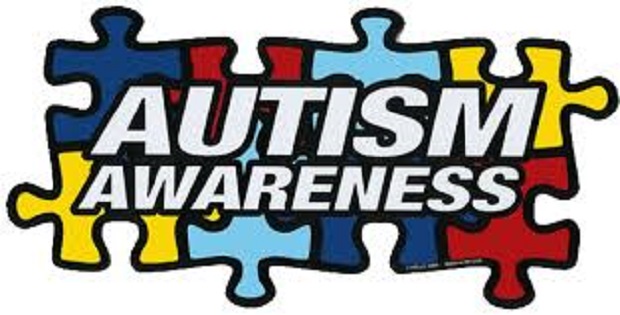Do You Know the 15 Key Autism Signs and Symptoms?

Signs and Symptoms of Autism
Autism signs and symptoms vary widely, as do its effects, as some individuals will only have mild impairments, while others have more obstacles to overcome. Typically, individuals with ASD may have problems with communicating verbally and non-verbally, socializing/relating to others and the world around them and, emotional skills. In addition, individuals may repeat certain behaviors and might resist changes and transitions in their daily routines. Further, many people with ASD also have different ways of learning, paying attention, or reacting to things. Signs of ASD begin during early childhood and typically last throughout a person’s life.
As noted by CDC and Help Guide, autism signs and symptoms for children or adults with ASD might:
- not look at objects when another person points at them
- avoid eye contact and want to be alone
- has trouble understanding or talking about feelings
- appears disinterested or unaware of other people or what’s going on around them
- prefer not to be touched, held or cuddled, or might cuddle only when they want to
- appear to be unaware when people talk to them, but respond to other sounds
- be very interested in people, but not know how to talk, play, or relate to them
- repeat or echo words or phrases said to them, or repeat words or phrases in place of normal language
- have trouble expressing their needs using typical words or motions
- doesn’t play “pretend” games, engage in group games, imitate others, or use toys in creative ways
- repeat actions over and over again
- have trouble adapting when a routine changes
- doesn’t share interests or achievements with others (drawings, toys)
- have unusual reactions to the way things smell, taste, look, feel, or sound
- lose skills they once had (for example, stop saying words they were using)
As noted by Help Guide, Common self-stimulatory behaviors:
|
|
Although the above information are some general autism signs and symptoms, one should always go to their family’s doctor or other professionals to complete a thorough assessment. It is essential that if you observe any of the signs or feel like your child is not meeting his or her developmental milestones, that you take action.
In closing, remember to share this post on social media and read more related articles.
Sources:
CDC: http://www.cdc.gov/ncbddd/autism/facts.html
Help Guide: http://www.helpguide.org/articles/autism/autism-symptoms-and-early-signs.htm










